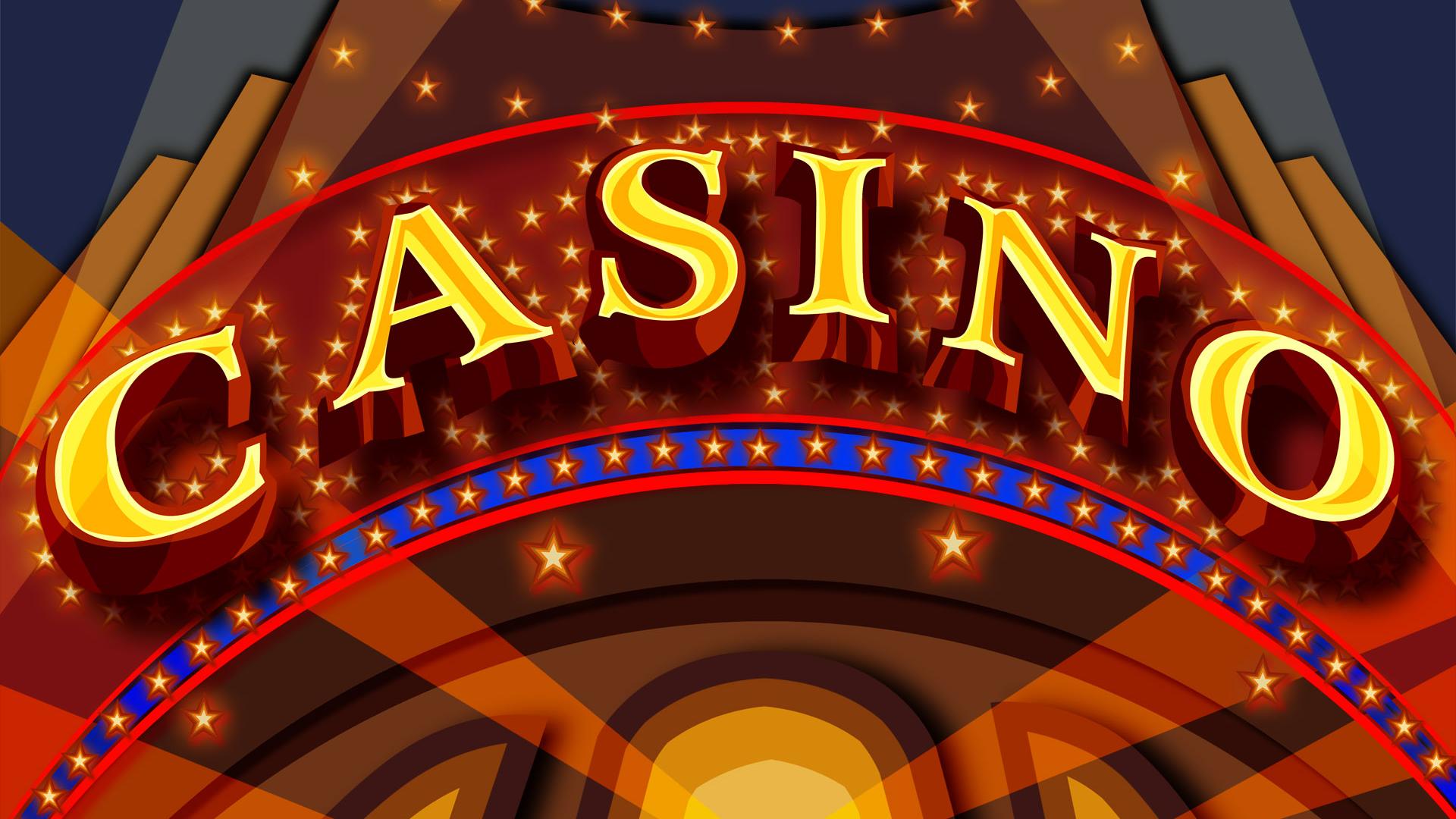
Casino gaming has long been a subject of interest and controversy, attracting millions of players around the world. With a blend of chance, strategy, and the thrill of risk, casino games offer an exhilarating escape from everyday life. However, as entertainment becomes ever more accessible, it invites a more thorough examination of the morality surrounding these games.
At the heart of the discussion lies the issue of whether casinos promote safe gambling or take advantage of vulnerable individuals. The allure of potential winnings versus the truth of losses can create a challenging dynamic, and understanding this balance is essential for both players and operators. As we delve into the morals of casino gaming, we will explore the duties of casinos, the effects on society, and the measures that can be taken to foster a better gaming environment.
The Impact of Casino Gaming on Society
Casino gaming has a significant influence on societal dynamics, affecting not only the economy but also social behaviors and community structures. The funds generated from casinos can lead to job creation and boost regional economies, as they provide numerous employment opportunities in multiple fields including hospitality, leisure activities, and retail. However, while the economic advantages can be substantial, communities often struggle with the possible negative impacts that arise from higher gambling activity. https://td88.ing/
Moreover, the presence of casinos can lead to an increase in gambling addiction, presenting serious challenges for players and families. The thrill of casino games can quickly evolve into a habitual habit, affecting personal relationships and leading to monetary issues. Many individuals may find it difficult with the loss of control over their gambling behaviors, resulting in a need for community support services and interventions to address this increasing issue. The social cost of addiction can extend through kinships and neighborhoods, creating an urgent need for responsible gaming initiatives.
In addition to the economic and social consequences, casino gaming often showcases cultural attitudes towards uncertainty and leisure. It can foster a sense of joy and leisure, attracting tourists and boosting local travel. However, this allure may also mask the wider implications of gambling as a method of entertainment, provoking ethical questions about its promotion and availability. As communities weigh the benefits and disadvantages of casino gaming, the need for responsible practices and regulation becomes increasingly critical in ensuring that the beneficial elements are enhanced while minimizing the potential harms.
Moral Issues in Betting Activities
The ethics of casino gaming often revolve around the potential for addiction and its consequences on people and families. Gambling can lead to significant financial distress, impacting not only the gamblers but also their loved ones. As people become caught in the allure of winning, many lose track of their budget, which can result in catastrophic results such as insolvency. This raises moral questions about the duty of casinos in fostering safe gambling habits and offering support for those who may be struggling with betting addiction.
Another major issue is the promotion of betting to at-risk populations. Gambling establishments often target low-income people or neighborhoods with the promise of quick gains, which can continue cycles of poverty and hopelessness. In this context, the ethics of advertising strategies used by gambling establishments come under scrutiny, as they may exploit the need of people seeking an escape from financial hardships. This manipulation raises ethical questions about the integrity of the betting industry and its responsibility to protect its most vulnerable patrons.
Additionally, the effect of casino gaming on the community as a whole cannot be overlooked. While some argue that casinos create employment and stimulate local economies, others point to the social costs associated with problem betting, increased criminal rates, and a burden on public resources. Balancing financial advantages with the potential for community issues presents a complex moral dilemma for lawmakers and gambling operators alike. The challenge lies in discovering a responsible approach that prioritizes the well-being of individuals and communities while still permitting for the pleasure of gambling activities.
Regulatory Structure and Duties
The legal structure pertaining to casino games is developed to ensure equity, integrity, and participant security. Various government entities and gaming commissions set and implement regulations that dictate how gambling operations operate, the standards for activity creation, and the protocols for handling rewards. These regulations differ by jurisdiction but usually involve licensing requirements for businesses and stringent measures to prevent fraud and dishonesty.
In also to regulatory bodies, gaming operators bear major accountability in upholding principled standards within their venues. They must adopt responsible gaming practices that support player safety and awareness, including presenting self-ban options and offering information about the hazards connected to gambling. Operators are also obligated for instructing employees to recognize signs of compulsive gambling and be aware of the correct steps to help customers in need.
Furthermore, transparency in gambling operations is crucial for earning and preserving public confidence. Casinos should provide clear details about the chances of operations, promotional deals, and any connected risks. By promoting an culture of honesty and accountability, gambling establishments can help reduce the possible harmful impact of gaming while enhancing the general gaming experience for all participants.
